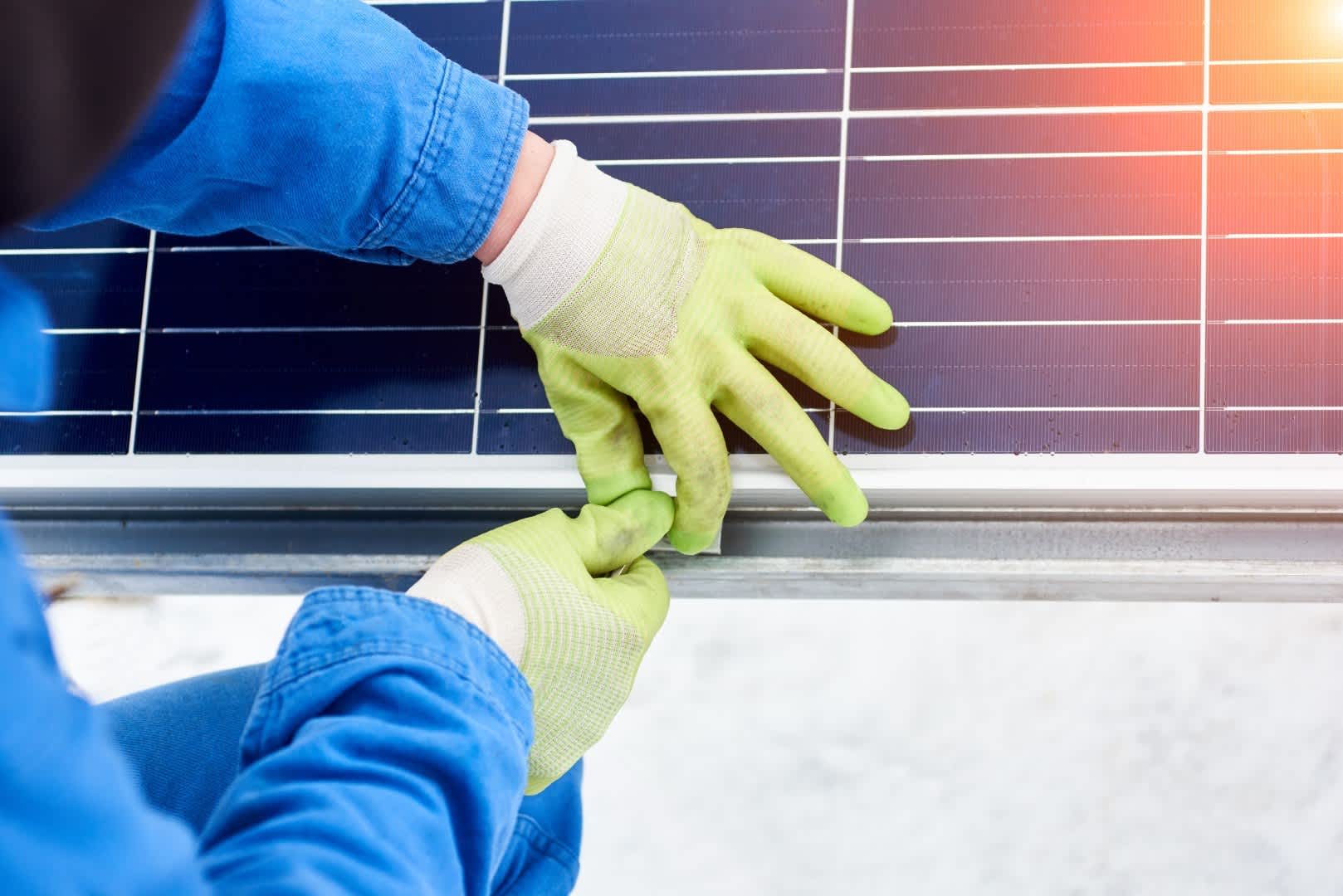
Protect Against Pest Infestation
Uncover the hidden dangers of pests on solar panels and how to prevent damage.
Location
Currently:
Closed
sunday:
Closed
monday:
7:00 AM - 7:00 PM
tuesday:
7:00 AM - 7:00 PM
wednesday:
7:00 AM - 7:00 PM
thursday:
7:00 AM - 7:00 PM
friday:
7:00 AM - 7:00 PM
saturday:
7:00 AM - 7:00 PM
Address:
Blue Mound, TX 76131, USA
Phone Number:
(817) 353-5479


